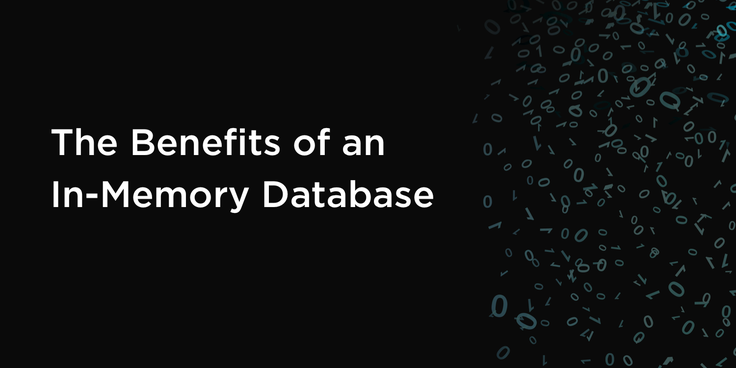
Our CTO and co-founder Nikita Shamgunov recently sat down with Software Engineering Daily. In the interview, Nikita focused on the ideal use cases for an in-memory database, compared to a disk-based store, and clarified how SingleStore compares to MySQL. In this post, we will dig deeper into how we define the ‘in-memory database’ and summarize its benefits.
What is SingleStore?
SingleStore is a high-performance in-memory database that combines the horizontal scalability of distributed systems with the familiarity of SQL.
How do you define an ‘in-memory database’?
An in-memory database, also known as a main memory database, can simply be defined as a database management system that depends on main memory (RAM) for computer data storage. This is in contrast to traditional database systems, which employ disk-based storage engines.
The term ‘in-memory’ is popular now, but it does not tell the whole story of SingleStore. Our preferred description is ‘memory first’, which means RAM is used as a first class storage layer – you can read and write directly to and from memory without touching the disk. This is opposed to “memory only,” which does not incorporate disk as a complimentary storage mechanism.
What type of data lends itself well to an in-memory database?
If you need ultra fast access to your data, store it in an in-memory database. Many real-time applications in the modern world need the power of in-memory database structures.
There are several critical features that set in-memory databases apart. First, all data is stored in main memory. Therefore, you will not have to wait for disk I/O in order to update or query data. Plus, data is loaded into main memory with the help of specialized indexing data structures. Second, data is always available in memory, but is also persisted to disk with logs and database snapshots. Finally, the ability to read and write data so quickly in an in-memory database enables mixed transaction/analytical and read/write workloads.
As you can see, in-memory databases provide important advantages. They have the potential to save you a significant amount of time and money in the long run.
Test the magic of in-memory for yourself, by downloading a 30-day Enterprise Edition trial or free forever Community Edition of SingleStore at singlestore.com/cloud-trial/.












